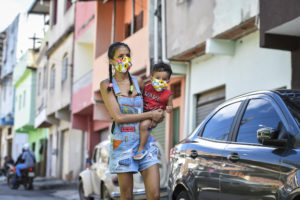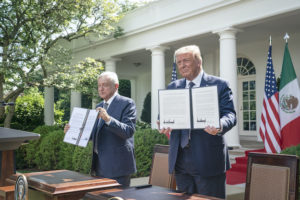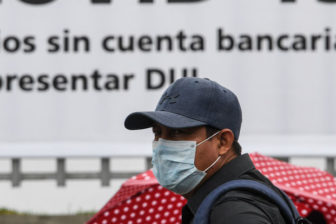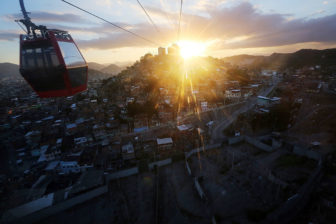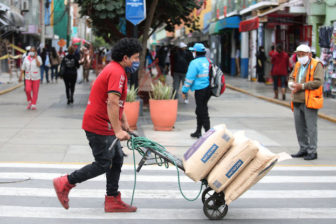This article is adapted from AQ’s special report on 5 big ideas to fight the effects of the pandemic.
Our original concept for this issue of AQ was to feature five “radical” ideas for building a better Latin America once the pandemic is over.
But the destruction unleashed by COVID-19 has been so enormous, so unprecedented, that by the time we finished, the ideas didn’t seem so radical anymore (we called them “big” instead). As of August Latin America has seen more deaths from the virus than any other region, and is forecast to endure the most economic damage. The region had already been experiencing stagnant growth, rising inequality and a new anti-democratic wave in recent years. Now is the time for bold — even radical — thinking.
To that end, we are lucky to publish five articles from some of Latin America’s foremost intellectuals and political figures.
Alicia Bárcena, the head of the U.N. Economic Commission for Latin America and the Caribbean, argues that we need to start by changing how we define success — looking beyond GDP and gathering more and better data on racial and social inclusion, among other areas. Sergio Fajardo, the former mayor of Medellín and Colombian presidential candidate, argues that governments need to act now to stop students from dropping out of school because of the pandemic.
Also from Colombia, a team led by Marcela Eslava at Universidad de Los Andes offers a step-by-step plan to provide a guaranteed income for about two-thirds of Latin America’s citizens — and thus prevent the region from losing 20 years of progress in poverty reduction.
Eric Farnsworth of the Council of the Americas, one of the organizations that publishes AQ, explains why now is the time to overcome past failures and stigmas — and bet big on a new hemispheric trade deal. And a team assembled by Armínio Fraga, one of Brazil’s finest policy minds, explains why his country’s health care system — despite its shortcomings — may illuminate a path to a universal system throughout Latin America.
All these ideas are big, but they also seem viable. There is a fine line between ambition and utopian thinking; proposals must take into account political and fiscal realities, even when they dare to challenge the status quo. That may be the only way to stop the pandemic’s legacy from being yet another “lost decade” for Latin America.



